Delivering an exceptional user experience (UX) is paramount in web design, especially in the luxury sector where elegance and functionality intersect seamlessly. By implementing best practices that prioritize usability, accessibility, and engagement, designers can create websites that leave a lasting impression on visitors. Let's explore key strategies for enhancing user experience in web design.
User-centric design is the foundation of a successful website. Designers should prioritize understanding the needs, preferences, and behaviors of the target audience. Conducting user research, creating user personas, and mapping out user journeys are essential steps in designing a website that resonates with users. By placing users at the center of the design process, websites can effectively address pain points and deliver intuitive, meaningful interactions.
Clear and intuitive navigation is essential for guiding users through a website seamlessly. Designers should prioritize simplicity and consistency in menu structures, ensuring that visitors can easily find the information they seek. Implementing breadcrumb trails, clickable CTAs (calls-to-action), and intuitive page layouts enhances usability and reduces bounce rates, contributing to a positive user experience.
In today's mobile-first era, responsive design is non-negotiable. Websites must adapt seamlessly to different screen sizes and devices, providing a consistent experience across desktops, tablets, and smartphones. Mobile-friendly websites not only improve user satisfaction but also contribute to higher search engine rankings, as Google prioritizes mobile-optimized websites in search results.
Fast loading times are crucial for retaining visitors and minimizing bounce rates. Designers should optimize images, leverage browser caching, and minimize HTTP requests to ensure swift page load times. Performance optimization contributes to a smooth and enjoyable browsing experience, enhancing user engagement and conversions.
Web accessibility is essential for catering to diverse audiences, including users with disabilities. Designers should adhere to WCAG (Web Content Accessibility Guidelines) standards, implementing features such as alternative text for images, keyboard navigation, and color-contrast considerations. Ensuring accessibility not only improves user experience but also demonstrates a commitment to inclusivity and social responsibility.
Visuals play a key role in capturing attention and conveying brand identity. Designers should leverage high-quality images, videos, animations, and micro-interactions to create engaging experiences. Thoughtfully integrating interactive features such as sliders, parallax scrolling, and hover effects enhances user engagement and encourages exploration.
In conclusion, enhancing user experience in web design requires a holistic approach that balances aesthetics with functionality. By adopting user-centric design principles, prioritizing intuitive navigation, optimizing for mobile responsiveness, ensuring accessibility, and incorporating engaging visual elements, designers can create websites that delight users and drive business success. Embrace best practices in UX design to elevate your website's performance and exceed user expectations in the competitive digital landscape.
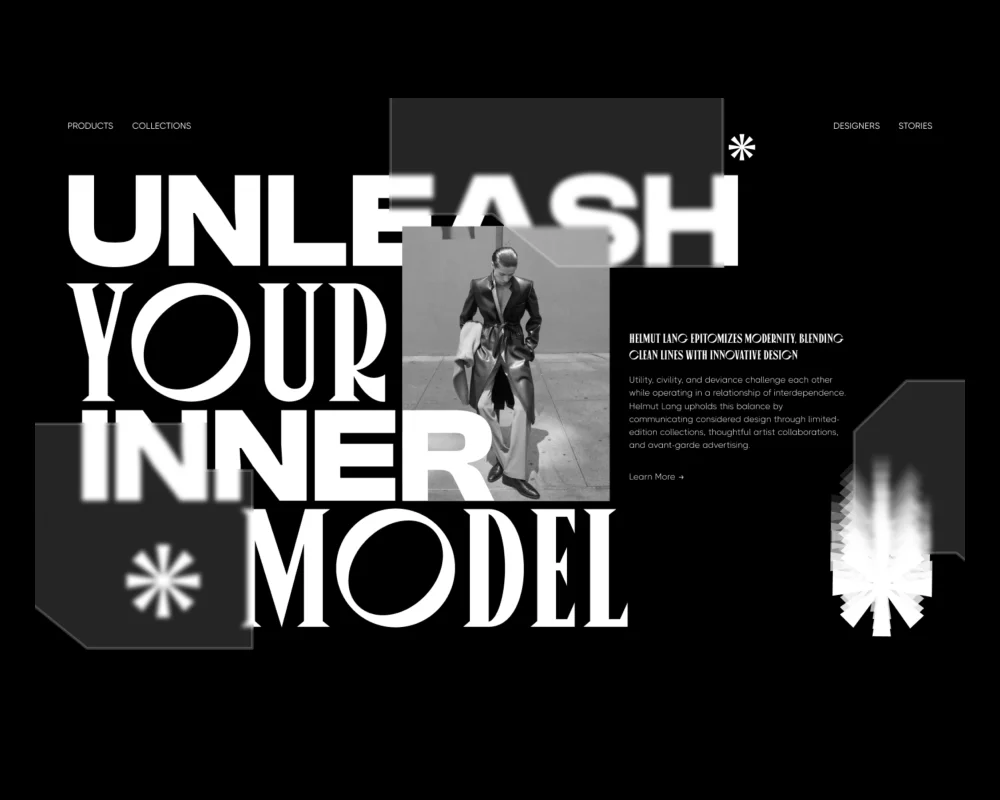
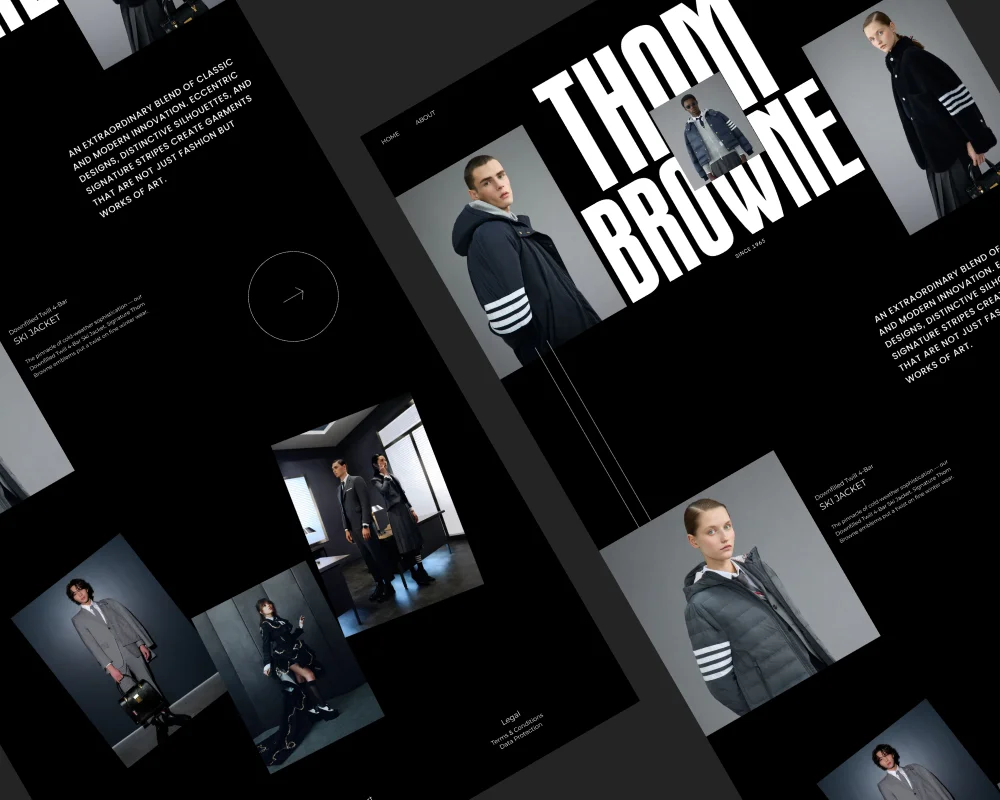
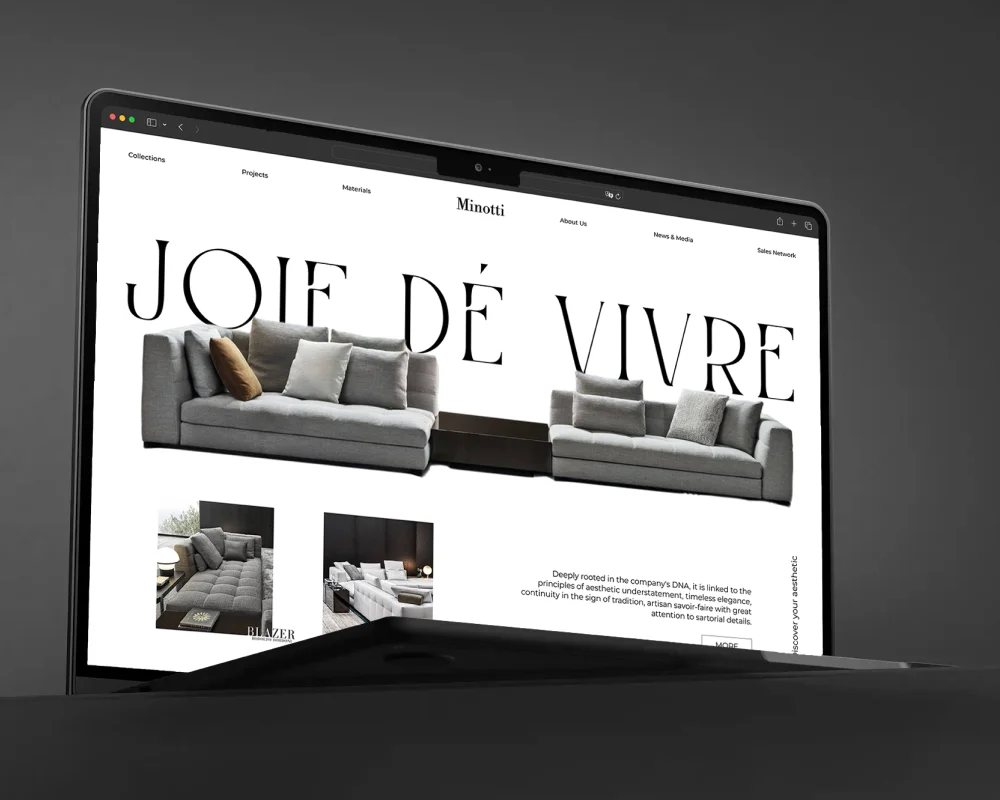
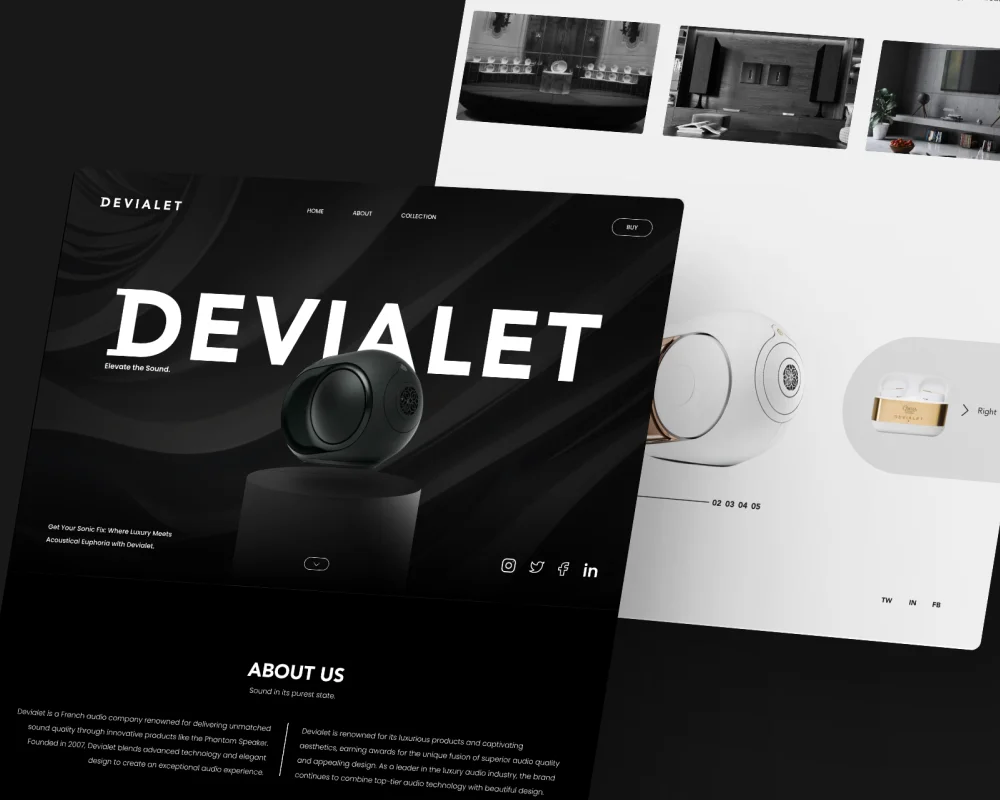

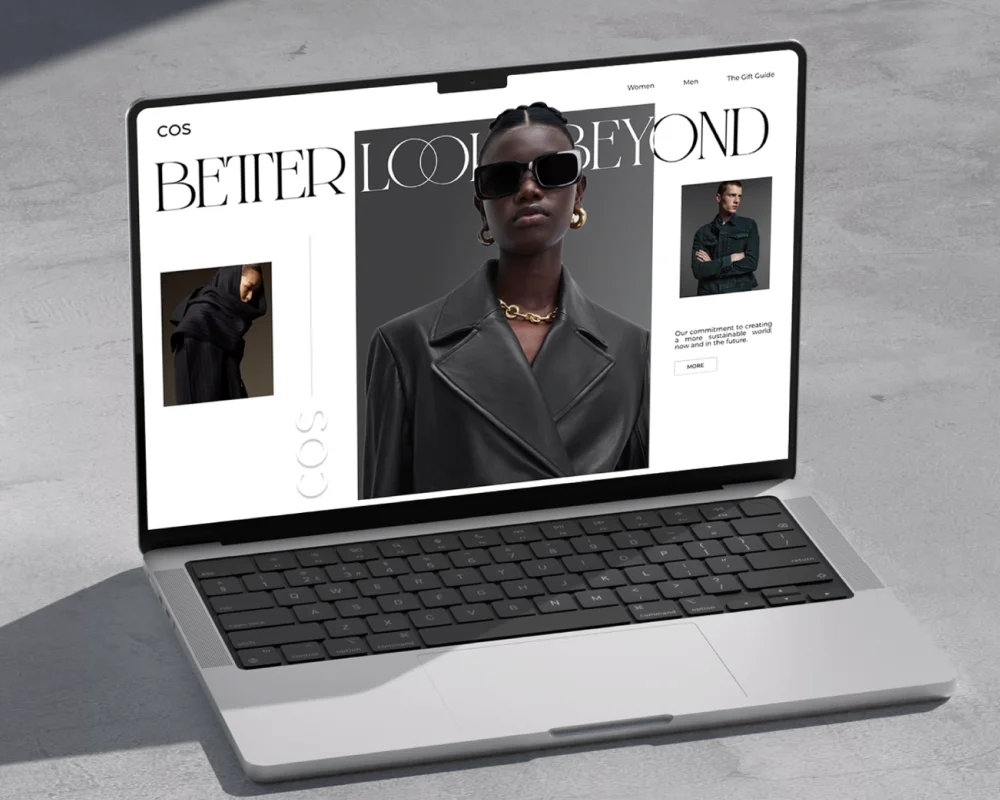

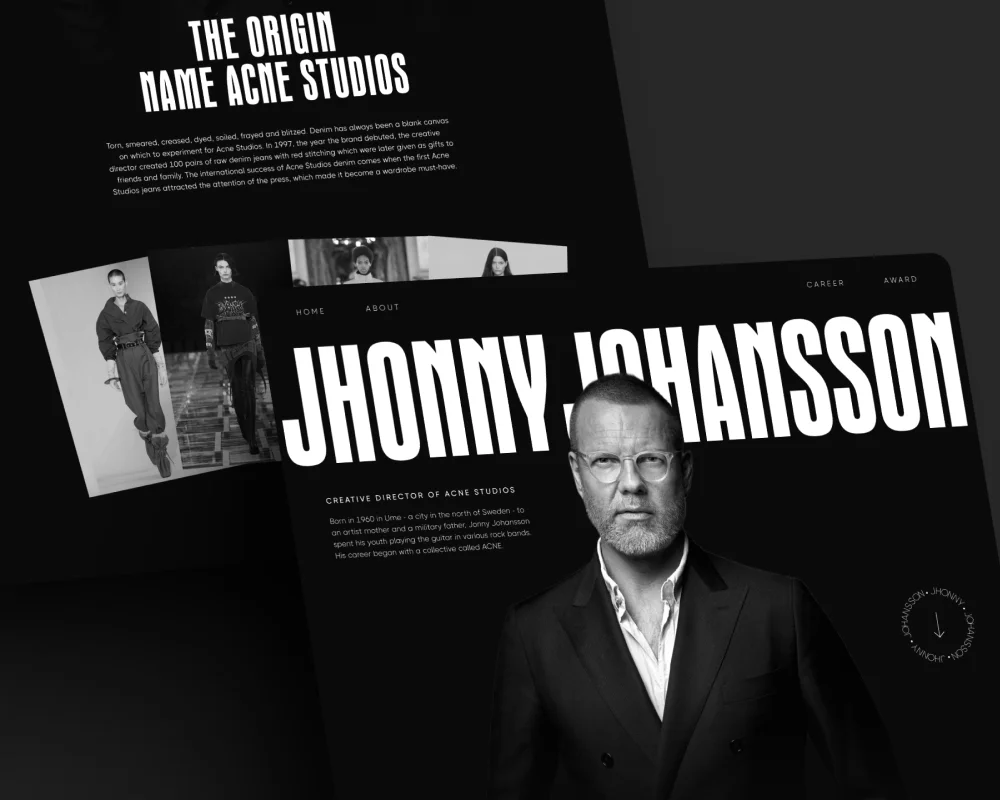
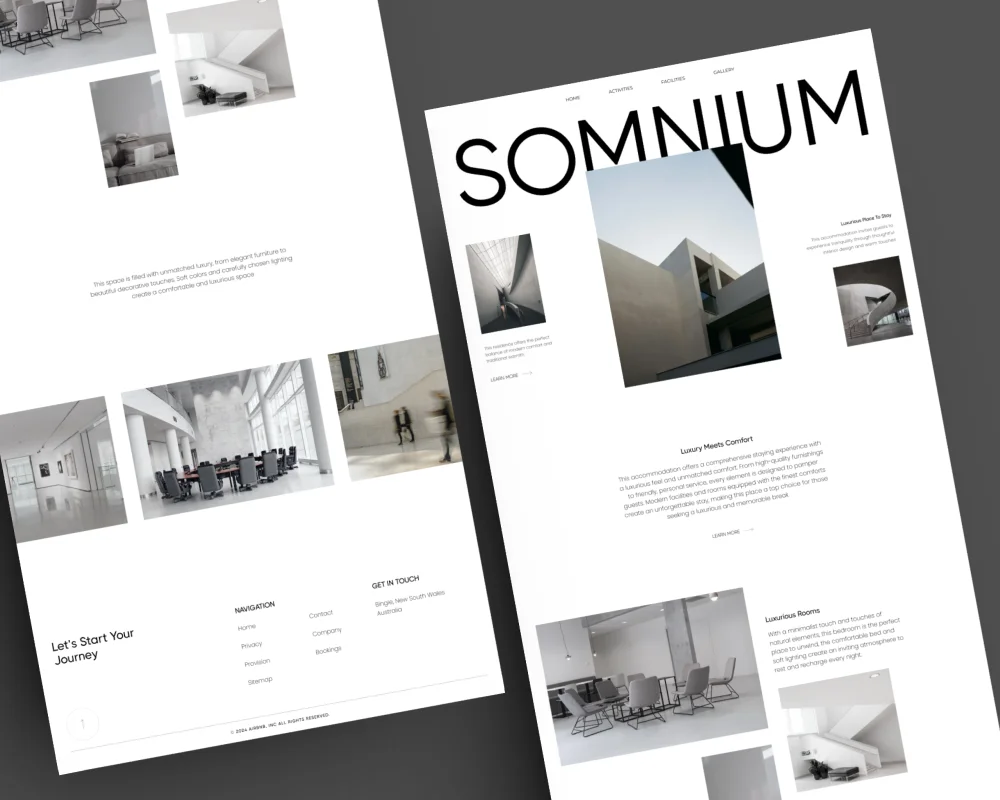
LET'S TALK today to schedule a consultation and discover how PT LAIN can transform your digital landscape.
(
)
